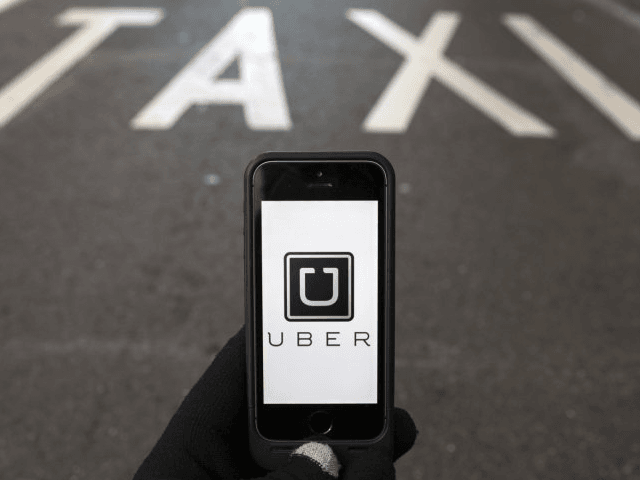(Ferenstein Wire)—The taxi industry has launched yet another high-profile attempt to conquer their arch nemesis Uber. The upcoming Arro, like many of its predecessors, is an app for hailing and paying for a taxi, much like other ride-hailing companies out of Silicon Valley. Every similar app, so far, has either completely shut down shortly after launch or failed to slow the rise of Uber.
Taxi companies have the resources to pay engineers to design a pretty app that copies many of the same features as Uber and Lyft, but there are issues that are fundamental to the taxi industry that make it hard to compete with a Silicon Valley startup.
1. Cars Are Capped And Riders Are Impatient.
Uber and Lyft are changing user expectations; riders are getting more impatient. “In some cities, if users see the nearest Uber is more than even 2-3 minutes away, they are far less likely to request a car, while in other cities wait times as long as 10 minutes are perfectly acceptable,” Uber’s data team wrote in a blog post .
The longer Uber and Lyft exists in the city, the less likely a user is willing to wait for a ride.
The Taxi industry, by design, limits the number of cars on the road to maintain a stable income for drivers. Too many drivers would decrease the number of tips and reduce income. This necessarily means that riders will wait longer. Back in 2014, one study found that 92 percent of ride-hailing cars arrived in under 10 minutes, while only 16 percent of taxis did.
Taxis will have a hard time competing with an industry that is making customers increasingly frustrated with moderate wait times.
2. Uber and Lyft Can Innovate Quickly
It’s one thing to design a fancy smartphone app; it’s quite another to be on the cutting edge of features and have all of your workers immediately adopt the changes.
Lyft is just $6 a ride nearly anywhere in San Francisco with their new carpooling feature. New prices and features change pretty frequently in the Bay Area, as Lyft (and Uber) rapidly test out new pricing models to see what customers like best.
Taxis have a metered pricing system that is overseen by various bureaucratic agencies. They just aren’t equipped to rapidly innovate and will always be behind Silicon Valley.
Moreover, taxis seem to have difficulty getting their innovations to work, even when they finally can roll one out. Last spring, I was asked to demo a new feature for San Francisco taxis from Flywheel, another smartphone app, which would automatically recognize when a rider stepped into a cab. The feature failed (multiple times), largely because the driver had insufficient technical training and the app had difficulty integrating with the existing way that taxis operated.
Innovation means flexibility and connectedness. Government controlled, unionized industries will have a difficult time making innovation core to their business model. For these reasons, Arro will have a difficult time competing with Silicon Valley.
*For more stories like this, subscribe to the Ferenstein Wire newsletter here.

COMMENTS
Please let us know if you're having issues with commenting.